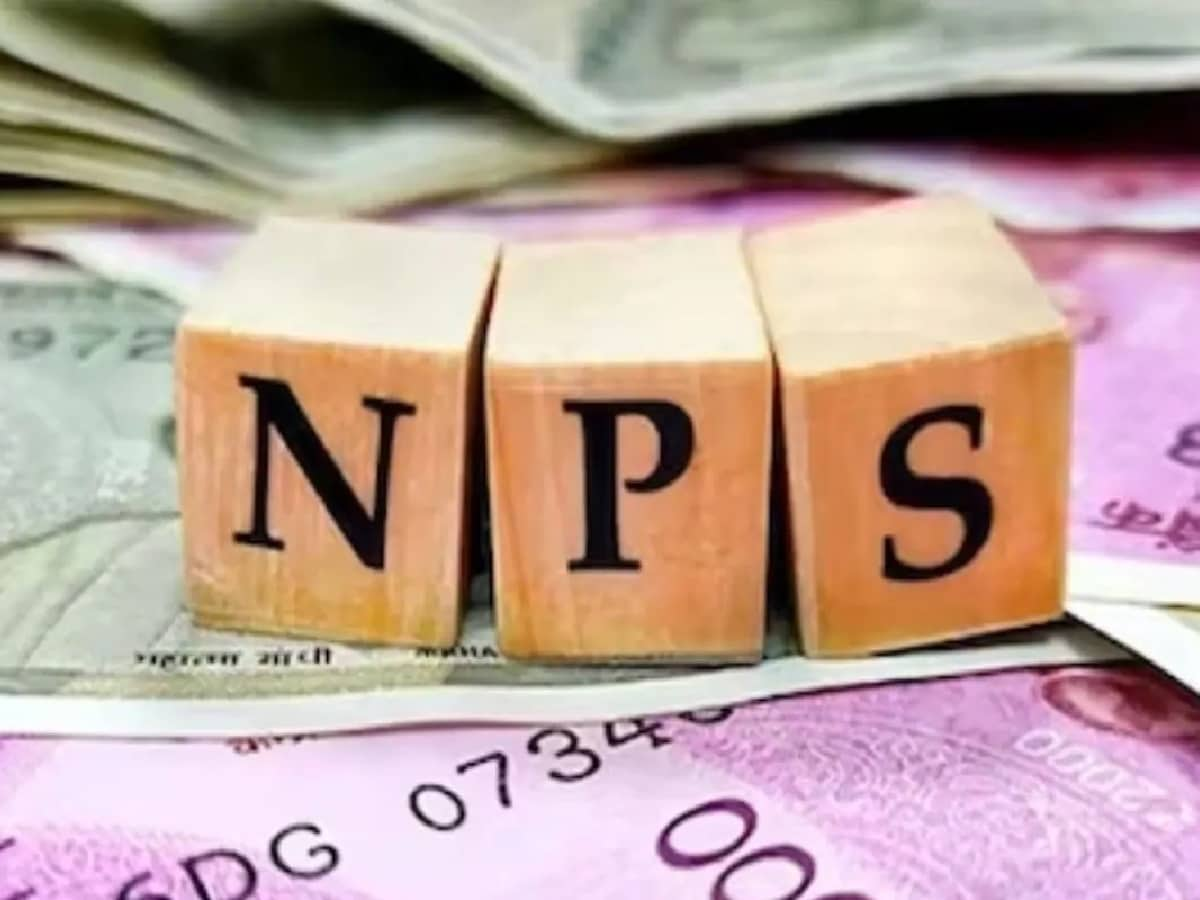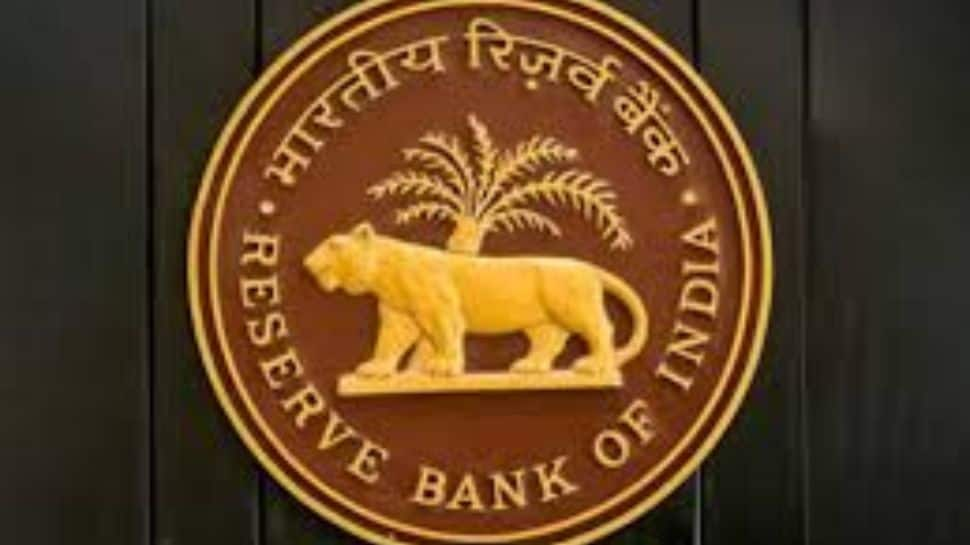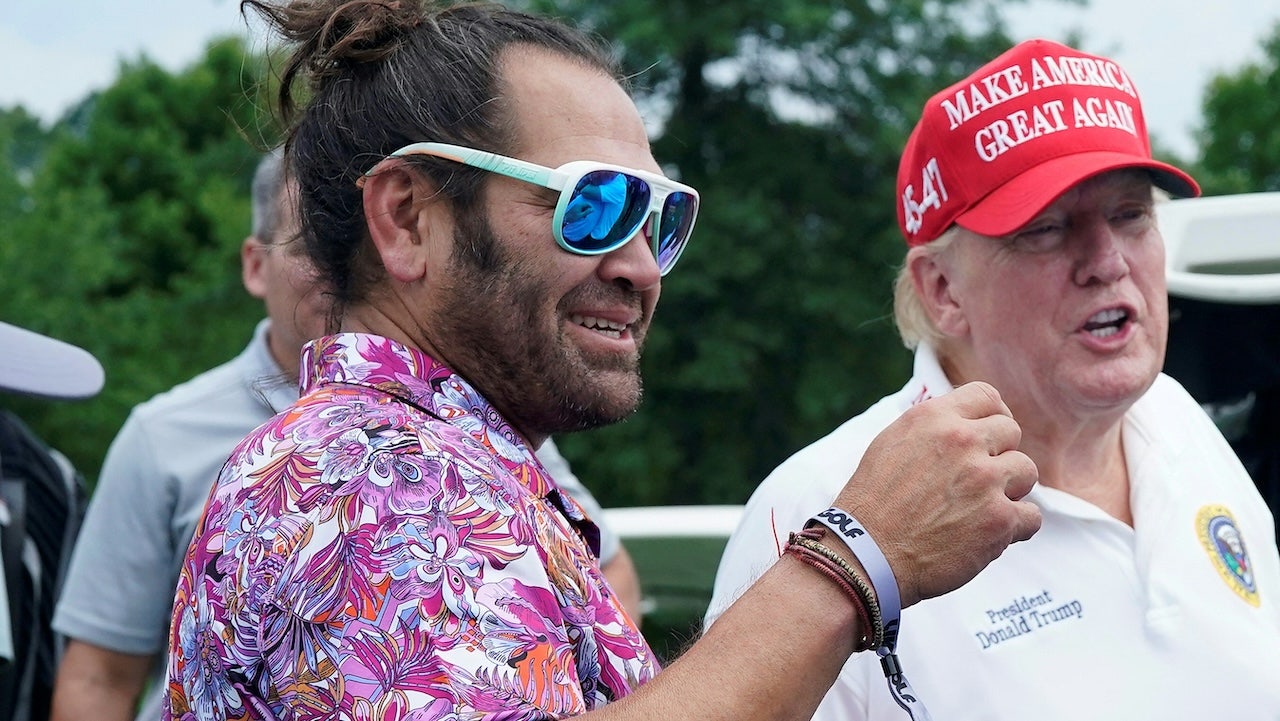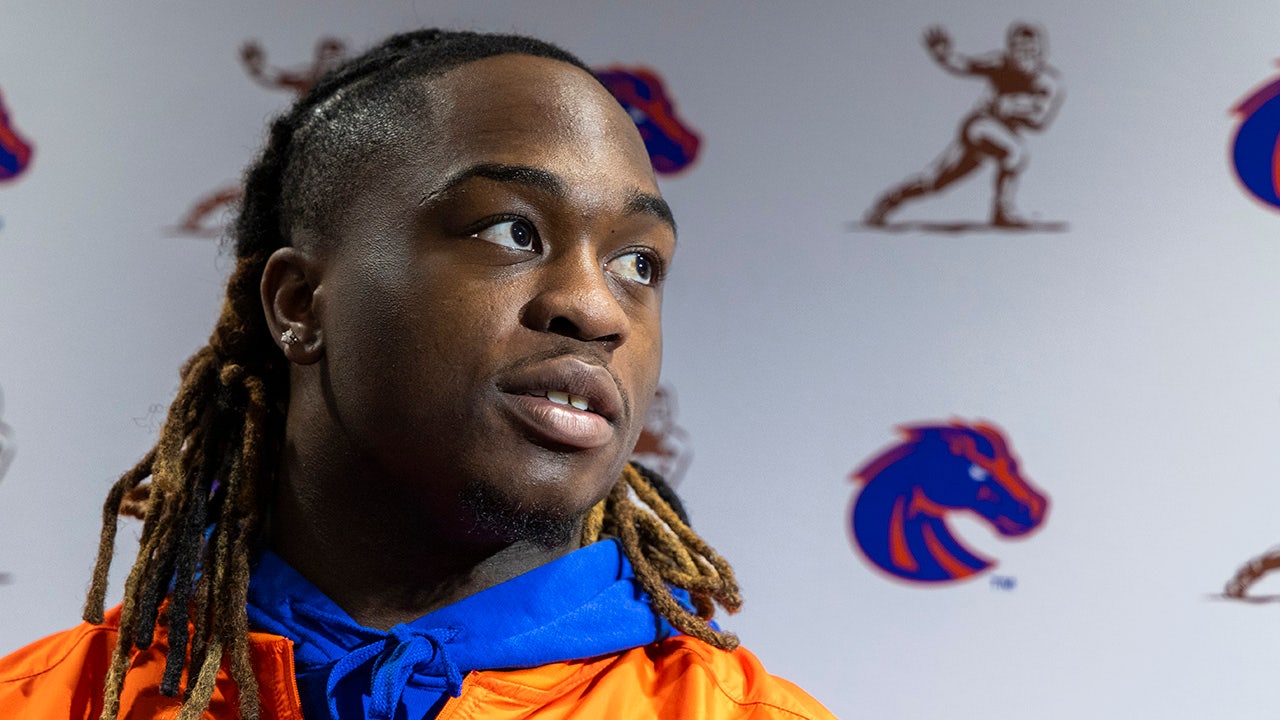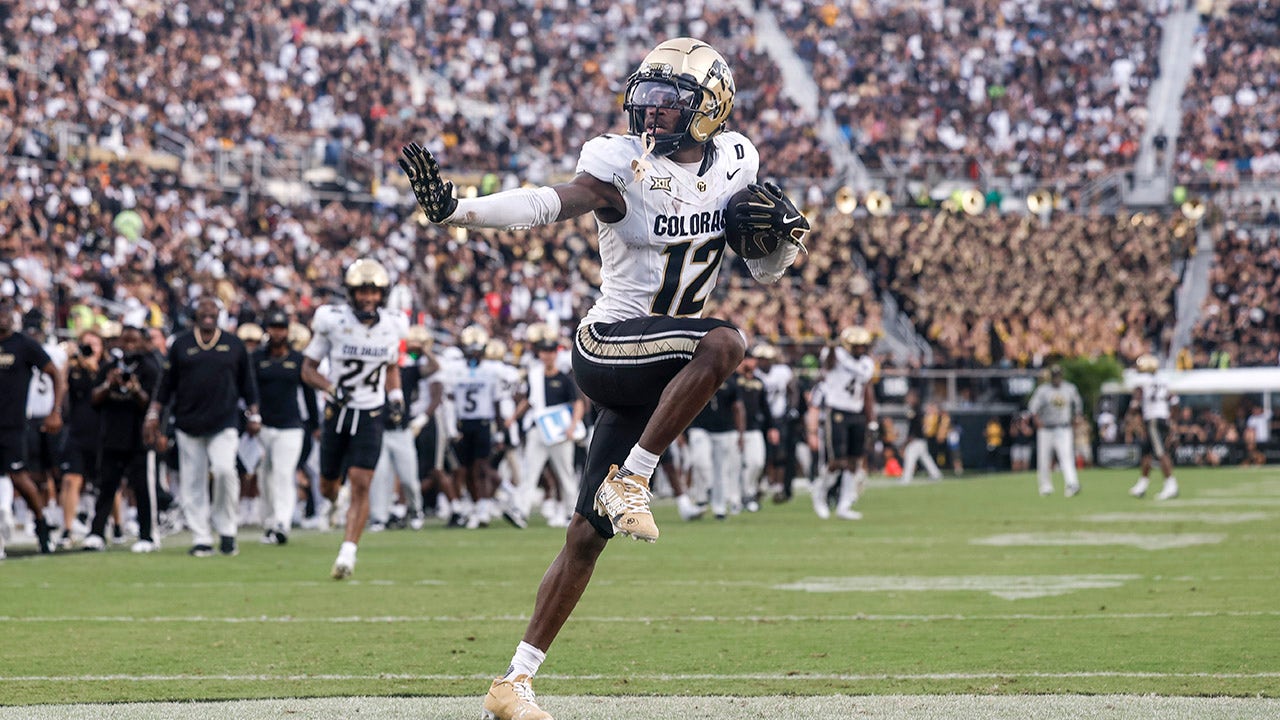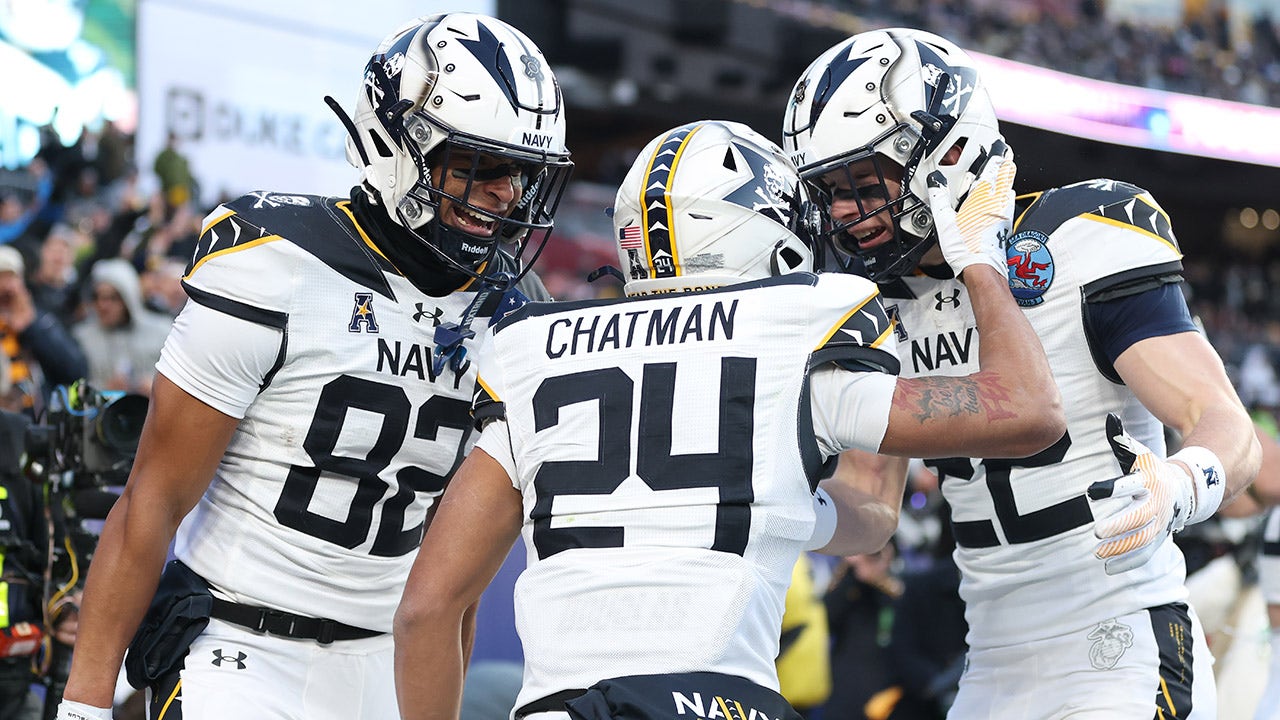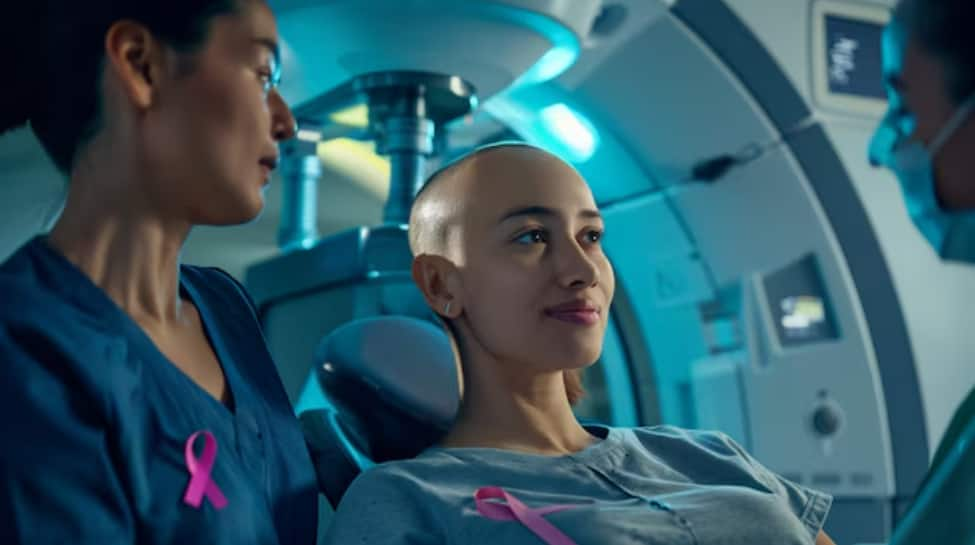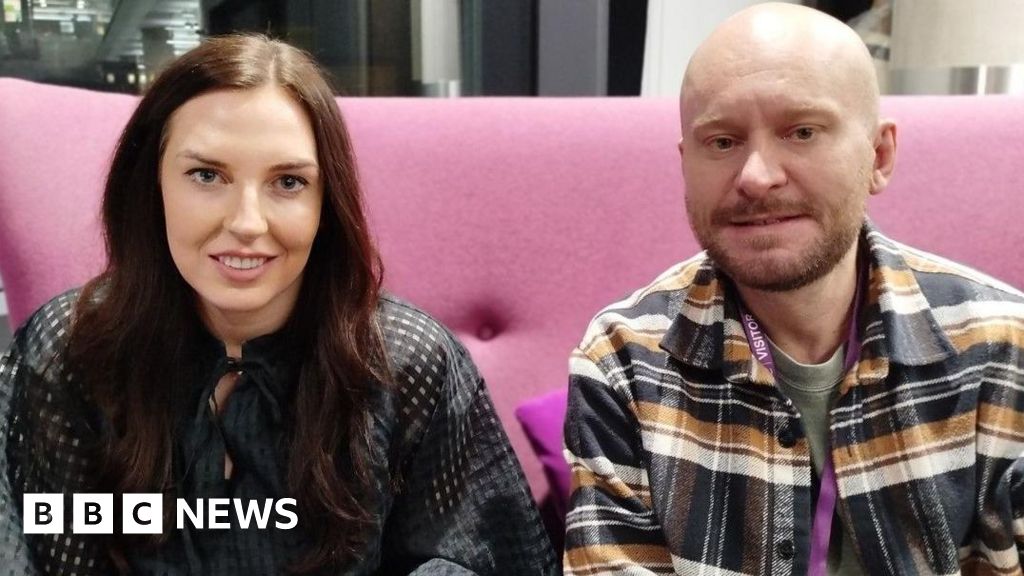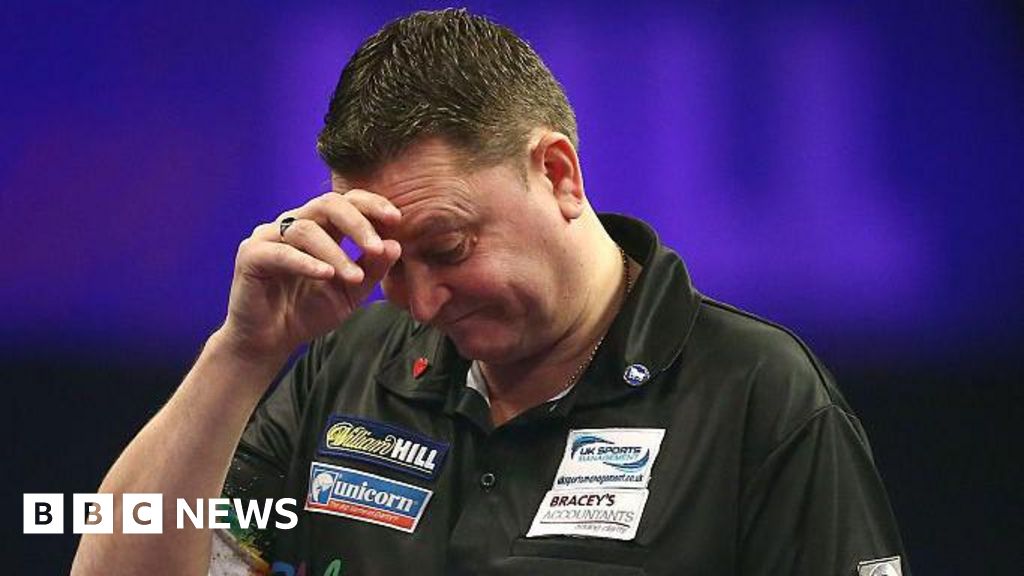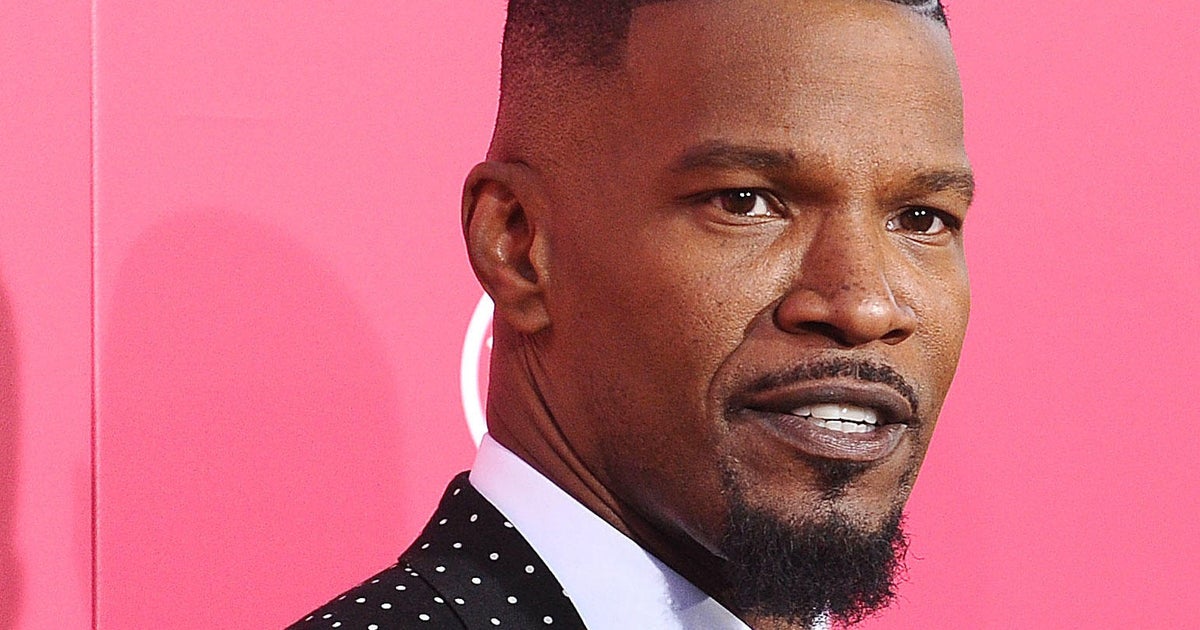The ‘Dumb Money’ director’s knack for portraying outsiders has roots in his own self-made path to Hollywood
It wasn’t until Gillespie was in his early 20s that he first dipped a toe in show business, as an art director working on commercial shoots. Eventually he came to nurture late-blooming filmmaking aspirations.
“I was not somebody in my teen years that was running around with a camera thinking, ‘I’m going to be a director,’” Gillespie says during a recent video chat from Los Angeles, speaking with an agreeable affectation that toes the line between Australian and American. “I’m sure there’s a lot to unpack there because it seems, very much not by design, that there’s a theme that I’m dealing with: outsiders — people that feel like they’ve been marginalized or underdogs.”
Gillespie, 56, may have a biological duplicate, but his knack for centering stories on unlikely protagonists is one of a kind. His charming 2007 breakout, “Lars and the Real Girl,” starred Ryan Gosling as a man dating a sex doll. A decade later, Gillespie put a tragicomic spin on polarizing figure skater Tonya Harding with the awards darling “I, Tonya.” In 2021, he humanized a dastardly Disney villain in the stylish origin tale “Cruella.”
“He always begins in a place of empathy,” says “Dumb Money” co-writer Rebecca Angelo. “He’s really self-made and really driven, and I think he has an ability to connect with every single role he casts and every single character he depicts on-screen.”
By investing his time in “Dumb Money,” which opens nationwide Sept. 29, Gillespie doubled down on that through line. Adapted from Ben Mezrich’s book “The Antisocial Network,” the fact-based dramedy depicts the Reddit-inspired GameStop short squeeze of January 2021, in which DIY investors sent the beleaguered video game retailer’s stock soaring — and upended the flush hedge funds that bet it would plummet.
In characteristic flourishes, Gillespie amplifies that rebellious energy on-screen with propellent pacing, flippant humor and hip-hop needle drops.
“Ordinary people who find themselves in extraordinary circumstances and rise to the occasion? That is also Craig’s life story,” says Lauren Schuker Blum, Angelo’s writing partner on the movie. “I think that, in many ways, his films mirror his own journey.”
Gillespie never studied film, instead learning on the fly by watching how commercial directors worked and spending his weekends shooting odds and ends with a 16-millimeter handheld camera. Gillespie was 34 when he earned his first Directors Guild of America nomination for commercial direction, and 38 when he won in 2006 for shooting spots for Ameriquest and Altoids.
Nicolas Karakatsanis, Gillespie’s cinematographer on “I, Tonya,” “Cruella,” “Dumb Money” and various commercials, credits the director’s roots in the demanding advertising space with breeding his uncanny efficiency on set. “He’s really, really fast in readapting to whatever is given to him,” Karakatsanis says. “He likes a challenge of, ‘We needed this. This is not happening. We’ll do it differently.’”
A year after the DGA win, Gillespie’s first two feature films — the critically panned comedy “Mr. Woodcock” and acclaimed indie “Lars and the Real Girl” — hit theaters within a month of each other. The former, Gillespie dryly acknowledges, “did not go well.” He envisioned a dark comedy in the vein of “Adaptation,” while New Line Cinema wanted a broad laugher like “Wedding Crashers” — to the point that it tapped that movie’s director, David Dobkin, to oversee reshoots.
Gillespie concedes that, as a first-time filmmaker wary of not controlling the set, he was too commanding on the Billy Bob Thornton-starring “Mr. Woodcock.” So he set a looser tone on “Lars,” working closely with Gosling in an open exchange of ideas between director and star that laid the groundwork for the collaborative style Gillespie has utilized ever since.
“You learn so much more from your failures than your successes,” Gillespie observes. “And I had so much that I failed on [‘Mr. Woodcock’] that it was an enormous help. I don’t think I would ever have been able to do ‘Lars’ the way that I approached it had I not been through that journey.”
After a planned reunion with Gosling on “Dallas Buyers Club” fell through (Jean-Marc Vallée took the reins and directed Matthew McConaughey to an Oscar), Gillespie became something of a movie mercenary. Although his subsequent films — 2011’s “Fright Night,” 2014’s “Million Dollar Arm” and the 2016 box office flop “The Finest Hours” — earned largely positive reviews, Gillespie wouldn’t call them passion projects.
“I got a little bit lost in making movies that I knew how to make but that weren’t necessarily intrinsic to me,” he says.
With “I, Tonya,” Gillespie circled back to his sensibilities. Slickly paced and darkly irreverent, the Margot Robbie-starring Harding biopic reestablished Gillespie’s box office bona fides. After making “Cruella,” which recast “One Hundred and One Dalmatians” antagonist Cruella De Vil as a punk-rock fashion designer played by Emma Stone, Gillespie spent a year developing a film with Blum and Angelo about the Chippendales striptease troupe and the murder-for-hire plot that marred it. But when Hulu announced a parallel project, the 2022 miniseries “Welcome to Chippendales,” the film’s financing collapsed.
Eager to continue their collaboration, Blum and Angelo promptly sent Gillespie another stranger-than-fiction script. This one focused on Keith Gill, the live streamer whose unwavering commitment to the GameStop stock fueled its rise, and the amateur traders who fostered a community on the WallStreetBets subreddit during the coronavirus pandemic.
“When we were writing this movie, we wrote it with Craig in mind as our dream director,” Blum recalls. “We very much had his style of filmmaking in mind, just writing the script and making it propulsive and using music to carry the story along and making it anthemic.”
It turned out Gillespie had multiple connections to the material. For one, that more studious twin brother, Brett, is now a Sydney-based hedge fund manager — though the director ended up not picking his brain. (“I actually didn’t get into it with him at all,” he says with a laugh, “because I figured I probably knew what his point of view would be.”) But more serendipitously, Gillespie’s then-24-year-old son was a GameStop investor and WallStreetBets devotee in late 2020 and early 2021, when the stock soared from under $20 a share to more than $500.
Having moved back in with his parents during the pandemic, Gillespie’s son kept them up-to-date on every twist and turn of the roller coaster that rattled Wall Street and triggered a congressional hearing. Eventually, Gillespie himself invested in GameStop — regrettably losing $10,000, but gaining fortuitous firsthand perspective.
“I don’t know if I actually would have been interested in ‘Dumb Money,’” Gillespie says, “if I hadn’t lived through it emotionally.”
The inherent irreverence of the meme-loving investors on WallStreetBets also lent itself to Gillespie’s long-standing attraction to what he calls the “dance” between comedy and drama. And it was especially true of Gill, a financial analyst who went by the username Roaring Kitty, sported outlandish graphic tees and quipped “I am not a cat” to Congress with deadpan delivery.
“Humor was very much part of my upbringing,” Gillespie says. “But I also find in life — whether it’s with your family, with your friends — humor is always there. People don’t just sit there and have these dry conversations that are either clearly in the drama lane or the comedy lane.”
By capturing wealth-gap-driven unrest, “Dumb Money” speaks to the current climate — including strikes by the United Auto Workers and Hollywood actors, as well as the tentatively resolved Writers Guild of America strike — with remarkable relevance. (Blum and Angelo, both writers guild members, spoke for this story during the strike in their roles as executive producers.) While Gillespie has missed his striking cast members on the festival circuit, he “takes solace in the timing of this, and the messaging that we had for this film.”
“Dumb Money” features Paul Dano as Gill, Shailene Woodley as his supportive wife and Pete Davidson as his mouthy brother, plus America Ferrera, Myha’la Herrold, Talia Ryder and Anthony Ramos as everyday investors along for the GameStop stock ride. In casting Seth Rogen and Nick Offerman as hedge fund managers Gabe Plotkin and Ken Griffin, and Sebastian Stan as Robinhood co-founder Vlad Tenev, Gillespie also reunited with three actors he directed in the 2022 Hulu miniseries “Pam & Tommy.”
The nimble performers proved essential to Gillespie’s collective approach. One gag, in which Ramos’s character snorts his phone like a line of cocaine, was Gillespie’s idea on the day of filming. Davidson improvised many of his character’s one-liners, including a series of riotous reactions to Gill’s congressional testimony. Rogen also riffed a memorable moment, in which his ultrarich character downplays the comic vastness of his wine collection. To further keep everyone involved, Gillespie had rough cuts of scenes promptly assembled so he could show them to the cast and crew the same day they were shot.
“There’s no gatekeeping,” Angelo explains. “Everyone feels like they’re part of the process. He brings people in. He wants to hear their feedback. He wants you to laugh if you think it’s funny, and he wants you to tell him if it’s not.”
That easygoing mentality tracks for a filmmaker who insists he would have been content spending all his days surfing in Sydney. But just like the characters he tends to chronicle, Gillespie found that one improbable triumph led to another.
Now, nearly 40 years later, he’s still riding the wave.
“I can just relate to being that outsider,” Gillespie says. “It’s something that’s ingrained in me.”








